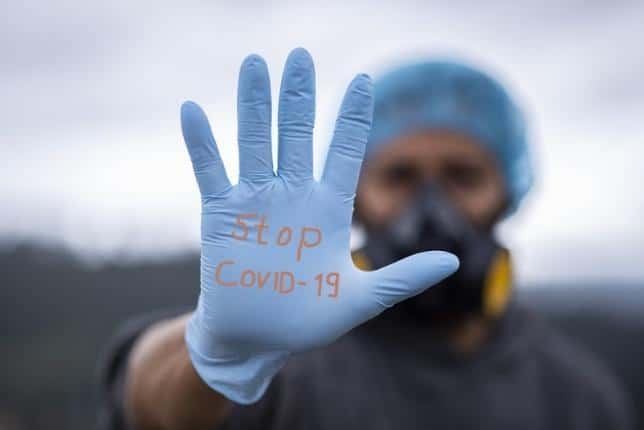COVID-19 has significantly impacted the world, and testing has been crucial in controlling its spread. Various types of COVID-19 tests have been developed to detect the virus and determine its prevalence. Understanding the different kinds of COVID-19 tests and their characteristics is essential in making informed decisions about testing. This article breaks down the three most common types of COVID-19 tests: PCR, antigen, and antibody tests, that you should know about before finding a location for Covid testing near me.
PCR (Polymerase Chain Reaction) Test
The PCR test is widely regarded as the most reliable and accurate diagnostic tool for detecting COVID-19. It is, therefore, often considered the benchmark or standard against which other testing methods are compared. It is a molecular test that detects the genetic material (RNA) from the virus that causes COVID-19. The test involves taking a nasal or throat swab, and the sample is then sent to a laboratory for analysis. Results can be obtained within 24-72 hours, depending on the testing facility’s capacity.
Characteristics of PCR Test
The PCR test is highly accurate, with a sensitivity of up to 98%. It can detect the virus even if the person is not yet showing symptoms. However, it may produce false negatives if the sample is not collected correctly or the viral load is too low.
PCR testing is most commonly used for diagnosing COVID-19 in symptomatic individuals who have had close contact with someone who tested positive for COVID-19 or is traveling to specific destinations that require a negative test result. It is also used in contact tracing efforts to identify individuals who may have been exposed to the virus.
Antigen Test
Antigen testing is a rapid diagnostic test that detects specific proteins (antigens) on the virus’s surface. Like the PCR test, a nasal or throat swab is taken, and the sample is analyzed on-site. Results can be obtained within 15-30 minutes.
Characteristics of Antigen Test
Antigen testing is less accurate than PCR testing, with a 50-80% sensitivity. It may produce false negatives, particularly in asymptomatic individuals with a low viral load. However, antigen testing is a helpful tool for quickly identifying individuals who are infectious and may spread the virus to others.
Antigen testing helps in point-of-care settings, such as clinics, nursing homes, and schools, where quick results are needed. It is applicable in mass testing efforts to screen large populations for COVID-19.
Antibody Test
Antibody testing, also known as serology testing, detects the presence of antibodies in the blood produced by the immune system in response to an infection. It is a blood test done in a laboratory setting.
Characteristics of Antibody Test
Healthcare professionals do not use antibody testing to diagnose current COVID-19 infections; instead, they utilize it to identify whether a person has previously been infected with the virus. It can take several days or weeks after infection for the body to produce antibodies, so antibody testing is not helpful for the early detection of COVID-19.
Antibody testing is most commonly used for population-level studies to determine the prevalence of COVID-19 in a particular area or population. It can recognize individuals who may have been infected with COVID-19 but did not show symptoms.
You should know about these tests before finding a location for Covid testing near me. Understanding the differences and characteristics of each COVID-19 testing type can help individuals and healthcare professionals make informed decisions and ultimately help reduce its impact on individuals and society.


